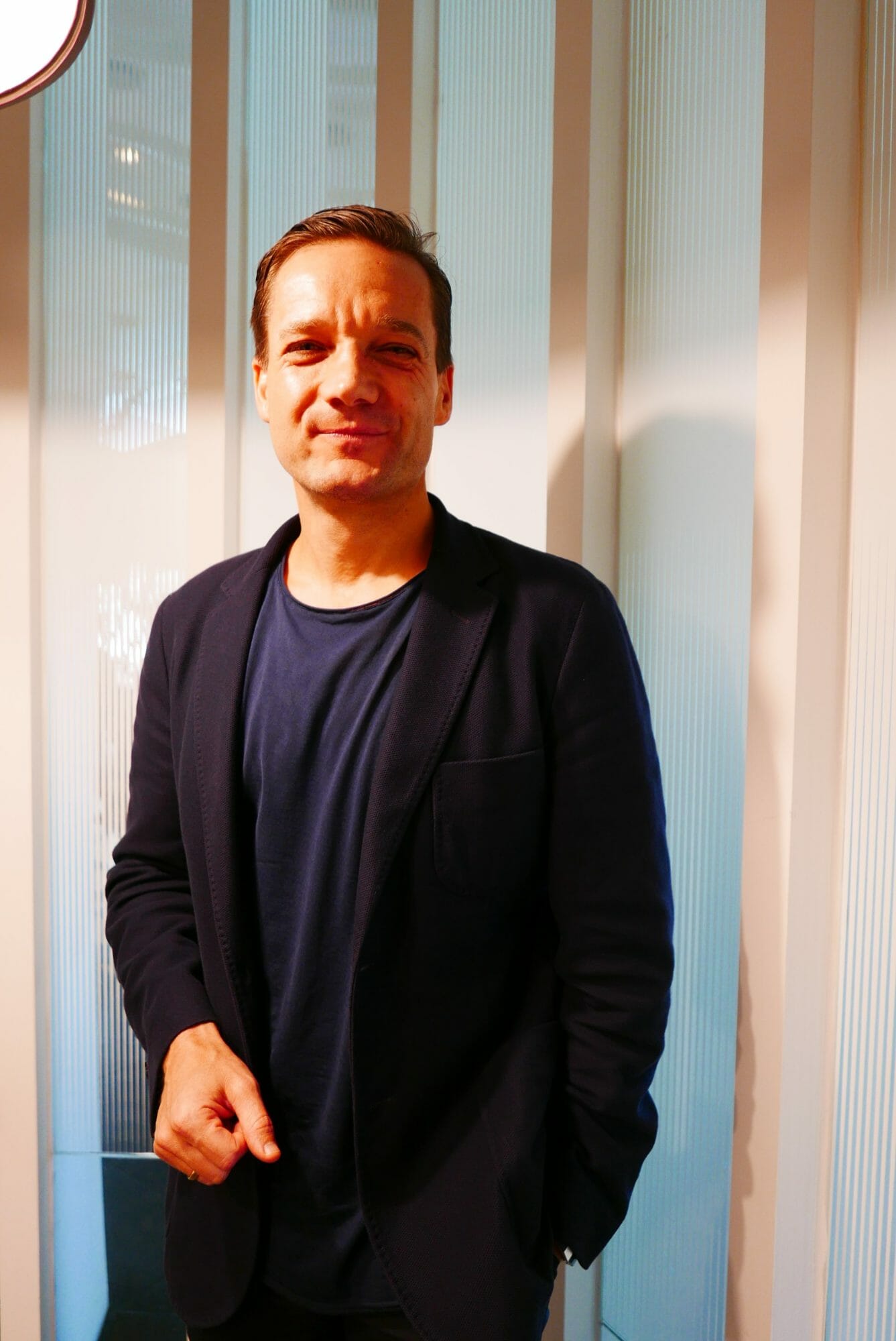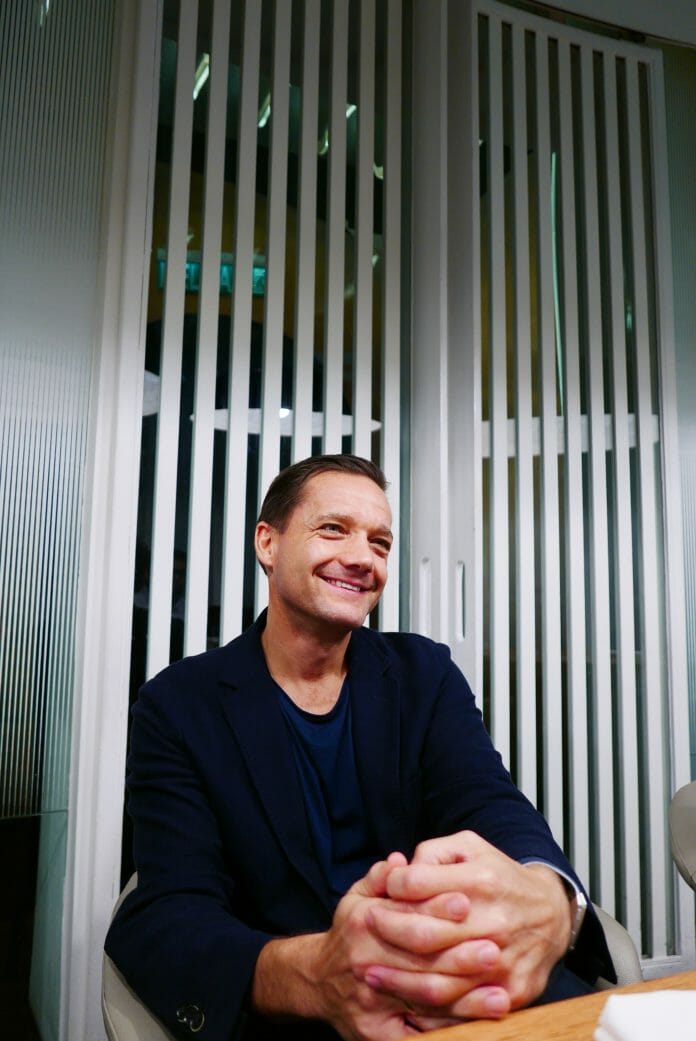Transparency and trust are not exactly commodities and resources but they are, in fact, more valuable than some commodities and resources.
— By Amanda Suriya Ariffin, Editor, Business Today
Global brands such as Kaspersky Lab rarely need an introduction to those immersed in the digital world and tech security ecosystems.
Stephan Neumeier, the Managing Director for Kaspersky Lab based in Singapore with the oversight for the business footprint in the entire Asia Pacific (APAC) region (excluding Japan), granted Business Today an exclusive audience just a year after his assumption of the role as MD APAC.
Kaspersky, as it is more commonly referred to, has, according to Neumeier, “decided to invest significantly in global transparency.”
Transparency, intangible in its nature and by definition, has become a loaded term given the recent buzz over governments, spying, snooping, election meddling and systems manipulation and hacking.
“We know our technology works,” he states, “all vendors work the same way. If your customer is really concerned with privacy, and with the damage that came from the USA, or you compare [the situation] to Google, let’s prove it to the customer, then. Let’s be the first one to open the global transparency centre.”
The monitoring, collection and storage of data by a third party is ”normal,” shrugs the calm Neumeier, but the relocation by Kaspersky from Russia to Switzerland (away from the alleged jurisdiction of the Russian intelligence services, some analysts report) for their core business, while costly, is also seen as an investment in trust — the trust of customers is what keeps entities such as Kaspersky in business.
If your customers do not trust you to protect them, why would they part with their money? It’s not rocket science.
Kaspersky has publicly stated that the relocation of customer data to Zurich as well as the initiative for the global transparency centre is part of efforts to address public concerns regarding trustworthiness and transparency. It is also a clear statement of commitment to resilience and the reinforcement of its own infrastructure.
And trust, as many business leaders will understand, is very much a part of brand success and longevity.
“Switzerland has one of the highest levels of data security,” Neumeier states, and so it makes sense to pick a country with a very strong IT infrastructure, he adds. “Moving parts of our R&D there, supporting the universities over there, being able to identify talents [there],” he explains, is all part of a greater plan that also involves flying customers over to the global transparency centre so that customers can see in detail the updates, and, he adds confidently, “our changes in technology and resources.”
The company protects more than 400 million endpoints (security platforms and solutions) and it collects more than 370,000 unique, new malware threats every day. “The majority of this malware, humans don’t touch,” explains Neumeier; “It is fixed by machines, completely done without human interference. There is this five per cent that needs human interaction and Kaspersky has a great global analytics research team based in Singapore to look into these incidents.”
Some of Kaspersky’s competitors publicly announce that they are not going to share their data, Neumeier comments, but the plan for Kaspersky, he adds, is “for others to hopefully follow us [in encouraging transparency] and to open one of these global transparecy centres in Asia Pacific.”
It is companies such as Kaspersky that help prevent countries from catastrophic widespread infrastructure crashes. Many of us remember the overnight loss of billions in Bangladesh.
The threat landscape affects more than just financial insitutions and telcos; companies cannot afford to shut down when there are threats to customer data.
Investments into cybersecurity are not wasted dollars.
“Customers understand it’s critical to heavily invest in security, but we also understand we need to invest in prevention/endpoint security as well as in detection.”
While readers and onlookers may love a good expose or scandal, behind the sensationalist headlines, there are agendas and power brokers at play who have real concerns about protection.
Outside of the storm, Kaspersky is calmly carrying on with business as usual, solidifying its commitment with numeorus actions such as engaging credible third parties to audit its engineering practices around the creation and distribution of threat detection rule databases, and improving the security of its products with input from a community of security enthusiasts.
It sound, to us, as if the company has little to hide, and the eagerness to be open and transparent is a welcome move as consumers and enterprises become inundated with multiple choices for their security needs. No-one wants their day disrupted by an attack and a crash.
Disruption is not synonymous with change. “I am a person who is always looking for change,” he shares, adding, “the entire world is living for change, and we are hired to look for change.”
The digital business is still profitable, he asserts, even if geopolitics are out of their hands [that is a separate discussion altogether — Ed.] and “Certain countries understood even more that we have capabilities others don’t have; we detect the behaviour no matter how it is.”
Even though the company has been the target of concerns by governments such as Whitehall over the integrity of its antivirus products (look it up – the geopolitical narrative names both the Kremlin and the NSA) the company remains in the top three of global brands with digital security.
The Kaspersky brand is strong, as most observers and analysts recognise, when the founder CEO Eugene Kaspersky is still very much active in the growth and transformation of a company. He and his capable global teams are, after all, in whom we place our trust.










